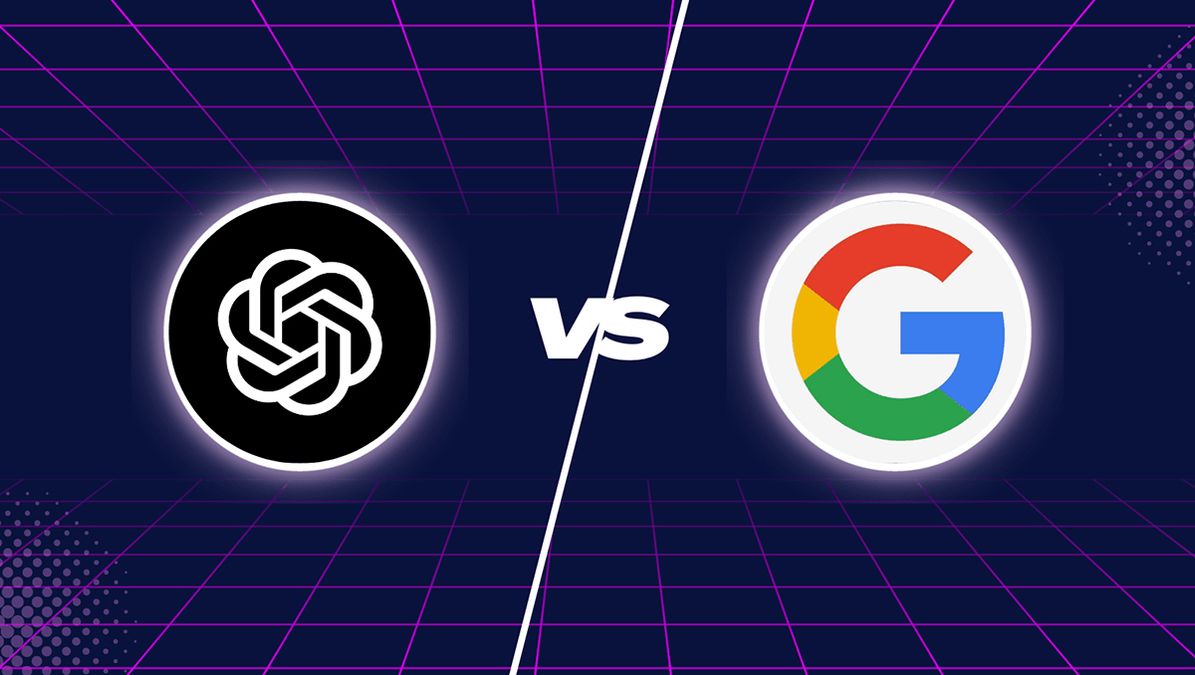
In a surprising revelation during a high-stakes antitrust trial, OpenAI has expressed a willingness to acquire Google’s Chrome browser—if ordered by the courts. The declaration came from Nick Turley, an OpenAI executive, during a hearing focused on reshaping the online search landscape and curbing Google’s dominance.
The U.S. Department of Justice is actively pursuing remedies that would foster greater competition in the online search industry. As part of these proceedings, the DOJ has taken aim at Google’s long-standing monopoly over both search and web browsers, arguing that the tech giant’s control over these platforms stifles innovation and consumer choice.
Why Chrome?
OpenAI’s interest in Chrome stems from its broader ambition to build a “super assistant”—an AI-driven tool that can seamlessly integrate real-time, web-based search into user interactions. Currently, OpenAI’s ChatGPT depends on Microsoft’s Bing for web results, but Turley made it clear that this reliance is less than ideal.
“Google has refused to collaborate,” Turley said, noting that this has hindered OpenAI’s development of a fully independent search engine tailored to its AI platforms. In an ideal scenario, Turley explained, ChatGPT would handle around 80% of user queries using its own in-house search capabilities—a milestone that could take several years to reach without significant changes in the tech ecosystem.
A Tactical Move or Strategic Ambition?
While Turley’s remarks were hypothetical—hinging on a court-mandated divestiture—they underscore a growing appetite among major AI players to control their own data pipelines and search infrastructures. Chrome, which dominates the global browser market, represents a powerful gateway to search traffic. Acquiring such a tool would grant OpenAI unprecedented reach and direct access to user behavior online, significantly enhancing its AI’s performance and utility.
Breaking Google’s Grip
This development is a critical component in a broader effort to challenge Google’s dominance. The DOJ’s trial marks one of the most consequential antitrust actions in recent U.S. history, and tech leaders, lawmakers, and regulators are closely watching how the case unfolds. Should the court decide to break up parts of Google’s search ecosystem or mandate that Chrome be divested, OpenAI may emerge as a frontrunner in bidding for the browser.
The Road Ahead
While there’s no guarantee that Chrome will ever be on the table, OpenAI’s candid interest in such a scenario highlights the competitive tensions bubbling beneath the surface of the AI and search markets. It also signals how central browser technology could become in the race to define the future of AI-driven internet experiences.
As OpenAI continues to push the envelope with its AI models and virtual assistant tools, control over a major web browser could be a game-changing piece of the puzzle. For now, all eyes remain on the courtroom—and on what comes next in the battle over who controls the gateways to the web.